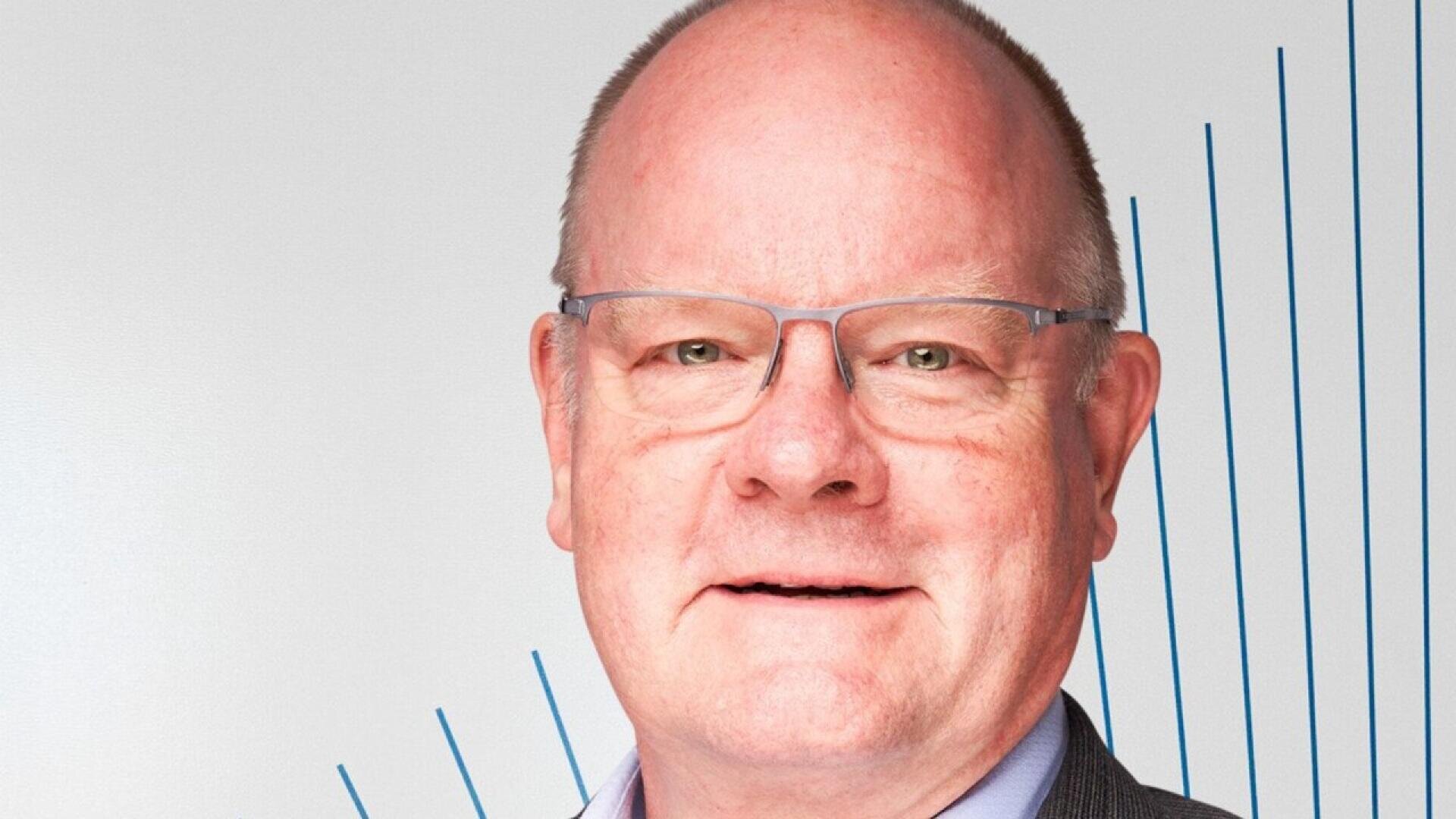Interview on sustainability: "Non-sustainable products disappear from the market in the long term"
The "Alliance for Sustainable Medical Technology", which was founded at MedtecLIVE in 2023, is dedicated to reducing the CO2 footprint. One of the founding fathers is Ralf Kindervater, Managing Director of BIOPRO Baden-Württemberg. We wanted to know from him where the leverage is to be applied.
According to a study, the healthcare sector is responsible for 4.4 per cent of all climate-damaging emissions worldwide, and even 5.2 per cent in Germany. Of this, 71 per cent is attributable to the manufacture and transport of medicines and medical technology products, among other things - a problem that requires a solution.
Mr Kindervater, the issue of sustainability seems to have arrived in medical technology - later than in some other sectors. Why is that?
Ralf Kindervater: In recent years, the Medical Device Regulation has kept the industry completely in suspense. In Baden-Württemberg, 95 per cent of the medical technology companies are SMEs, for which a new certification of all existing products means a considerable financial and personnel effort. Conversely, this means that other issues, such as the environmentally sustainable development of products, have long since taken a back seat for many companies.
Nevertheless, we are currently noticing a great interest in the topic of sustainability in our cooperation with the companies. Since December 2021, BIOPRO has been providing targeted support to the Baden-Württemberg medical technology sector on its path to a sustainable future.
Medical technology companies must be made aware of the responsibility they bear as players along the value chain in the healthcare system. Contributing to this is the goal of the Alliance for Sustainable Medical Technology, which BIOPRO Baden-Württemberg founded together with the BIOVOX Connect network from Hesse and the Forum MedTech Pharma from Bavaria in May this year. After all, sustainable development is necessary for a future-proof and competitive economy.
You say that companies can secure competitive advantages with sustainable products and processes. Investments in this area can cost a lot of money at first. Are they actually rewarded by the market?
Ralf Kindervater: Germany is supposed to be climate neutral by 2045; Baden-Württemberg wants to achieve climate neutrality already by 2040. And in 2021, the German Doctors' Congress appealed to implement necessary measures for a climate-neutral healthcare system by 2030. With the European Green Deal, the EU has set new priorities. The goals include a sustainable financial policy, circular economy and clean industry. As a result, regulatory framework conditions are being adapted to these plans.
On the one hand, the medical technology industry is directly affected by the increased environmental requirements. On the other hand, the pressure on clinics to take sustainable goals into account and thus to include sustainable criteria in the purchasing decision of products is increased.
So the question is no longer whether the medical technology sector has to deal with sustainable development, but when and how. Sustainability will soon become a prerequisite for access to various healthcare systems, so that non-sustainable products will disappear from the market in the long term. In future, sustainable criteria will also be taken into account in tenders. Initial discussions are already underway to include this topic in the German Social Code Book V (SGB V). We must move away from the purely economic consideration of the costs of products and services and instead also include social and ecological costs as a value.
The question is, where does product responsibility begin and where does it end? Companies that recognise this development and change at an early stage and adapt their strategy processes thus increase their future and innovation capability.
In the Alliance for Sustainable Medical Technology, you advocate networked action. But perhaps an individual medical technology company can take measures immediately and on its own to be a bit more sustainable tomorrow, so to speak. Do you have any tips for this?
Ralf Kindervater: The first step towards acting more sustainably as a company is to record the status quo. Knowing what environmental impacts the development and production processes as well as the products have over their entire life cycle is the basis for any action. It also identifies actions that can have a large impact on environmental impact and greenhouse gas emissions with little effort. Measures such as switching to certified green electricity or changing the canteen to organic, seasonal and regional products can be implemented across all sectors. Somewhat more costly would be the provision of own solar plants or systems for district heating. Material selection and saving, lightweight construction or an ecological design of products for further use in a circular economy or for recycling have to be identified depending on the company and product due to the different products and production processes in medical technology.
High pressure will also soon come from the buyers of medical technology products, for example hospitals. Here, sustainability strategies, life cycle assessments and CO2 footprints are already being calculated in several places and translated into future courses of action. Here, the entire value chain must co-create; individual players will not be successful here.
As a cross-cutting issue, sustainability must be taken into account at all levels and in all decisions of a company. In order to make the healthcare system sustainable in the long term, the networking of all actors is necessary. And this is precisely the goal of the Alliance for Sustainable Medical Technology.
About the person
Professor Dr. Ralf Kindervater received his doctorate in biochemistry and biotechnology from the Technical University of Braunschweig. After holding positions at the Eberhardt Karls University in Tübingen, the Fraunhofer Institute for Interfacial Engineering and Biotechnology in Stuttgart, Eppendorf AG in Hamburg and the regional settlement company Biostart mbH in Jena, Ralf Kindervater held interim board and management positions in several biotech companies. Since 2003, he has been managing director of the state agency BIOPRO Baden-Württemberg GmbH in Stuttgart for the areas of health industry and bioeconomy. Ralf Kindervater is an honorary professor at the Karlsruhe Institute of Technology. In November 2020, he was appointed to the Bioeconomy Council of the Federal Government.


